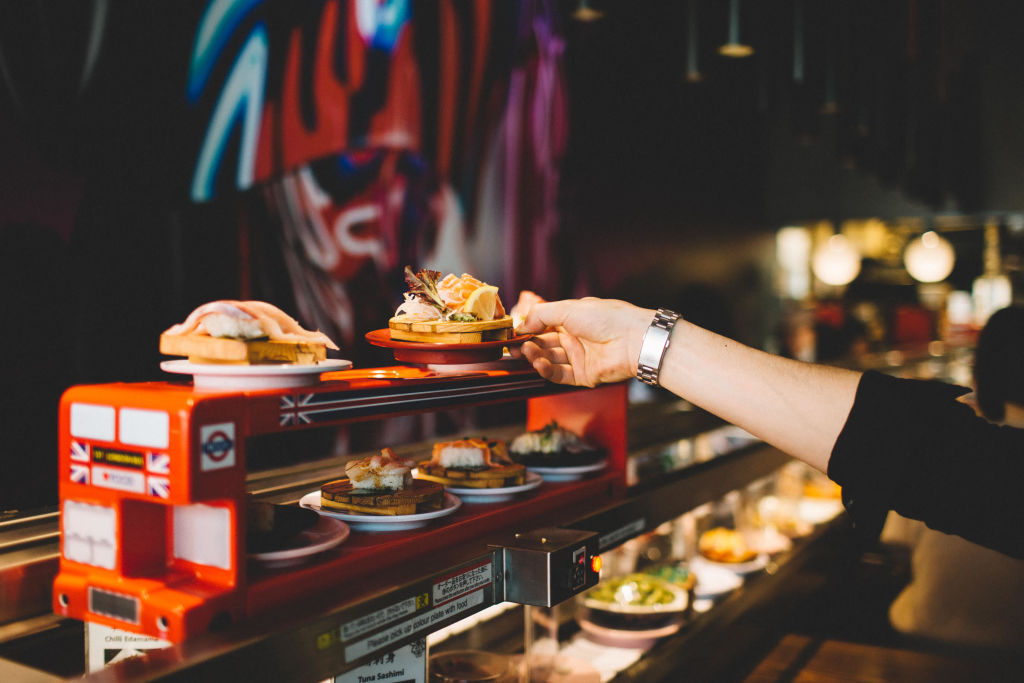
The Melbourne landlords and tenants working to ease the burden during the pandemic
Landlords in Melbourne are coming up with some ingenious ideas to attract nervous tenants to vacant commercial spaces during the COVID-19 crisis.
As well as offering virtual online inspections, landlords are also putting together a range of deals. “We’re finding tenants don’t want to make long-term commitments in the current environment,” said Will Deague, chief executive of The Deague Group.
“So they’re being offered much more flexible lease options, all the way to monthly, weekly, even daily rates. New inquiry rates are now very soft, but many people are looking for more flexible office space, so they’re adapting to meet demand.”
Most landlords are sympathetic to what’s going on, particularly the institutional landlords, and are eager to sign up new tenants and offer them help. As a result, Andrew Beasley of Colliers International Melbourne, who’s currently leasing out 26,000 square metres of A-grade office space at 550 Bourke Street, said, “Everyone’s having to be creative to assist”.
“We’re now seeing lease deals that have delayed start dates to give tenants breathing space to effectively recover and get up and running again. They’re saying, ‘Finish the fit-out, occupy now under licence but don’t pay rent till the start of 2021’.”
Many people recognise that a lot of businesses are going to take four to six months to recover from the economic damage inflicted by the pandemic, he believes. But those kind of deals aren’t happening across the board.
Alexandra Harper of JLL Melbourne, who has turnkey, fitted office suites at 276 Flinders Street to lease, says some landlords don’t have the ability to offer incentives without board approval and many tenants aren’t prepared to be lured anyway.
“People are waiting to see what will happen, how the cards will fall, so everything’s on hold,” she said. “And people are fairly confident that demand will come back pretty quickly.”
Retail is a fragmented story, with some sectors, like supermarkets, and shopping centres anchored by supermarkets, doing well during this period, but most other areas are doing it very tough. There, many deals are being done to bring tenants in.
“We’ve got a few on the go at the moment, where landlords are extending rent-free periods to get their tenants through the next two to three months,” said Michael Di Carlo, Cushman & Wakefield’s Melbourne-based retail leasing director.
“Or they’re making the lease start date later in the year, or adding a COVID-19 clause saying the lease will start when the lockdown is over. If the property is vacant, they’re having the opportunity to move in, but the main problem then is the fit-out. Many of the fit-outs come from China and the dates for those are being pushed out.”
Such offers aren’t having to be made for industrial space, however, as demand is still eclipsing supply, with food manufacture and food supply chains now needing more space, e-business going well and industrial vacancies still at record lows.
‘We all have to help each other to get through’
When Melbourne sushi restaurateur Cindy Chang received a call from the owner of her premises, what she heard left her in tears.
Her landlady was offering her as much help as she could afford to ensure her business kept going through the crisis – and survived to come out the other side.
“She was so great!” said Ms Chang, who’s operated the Sakura Kaiten Sushi on Lonsdale Street, next to Melbourne Central, for the past six years. “I was so worried as I wanted to keep on my staff as many of them are from overseas so they wouldn’t be able to get any benefits.
“But she’s helped me keep the business going, operating takeaway Monday to Saturday and, after talking to her, my shoulders felt much lighter. We all have to help each other to get through.”
The owner of Ms Chang’s site – who asked not to be named as she has a number of tenants and doesn’t want to be seen favouring any of them over others – said she was keen to give her tenant a helping hand to ensure she could keep the lease going.
“I firmly believe that both landlords and tenants should share the load,” she said.
“Tenants have a business to run and staff to look after and families to care for and landlords need to come to some agreement that’s sustainable for both sides.
“So I told her, let’s go 50-50, and assess the situation month by month and if they can stay open and start making some money, then maybe the percentage will be different later. I didn’t want to just defer the rent as then they worry about having to make it up later and that’s not good for their mental health.
“I just ask my tenants what their business is down by and we start from that point. It’s important to realise that we’re all partners in this.”










